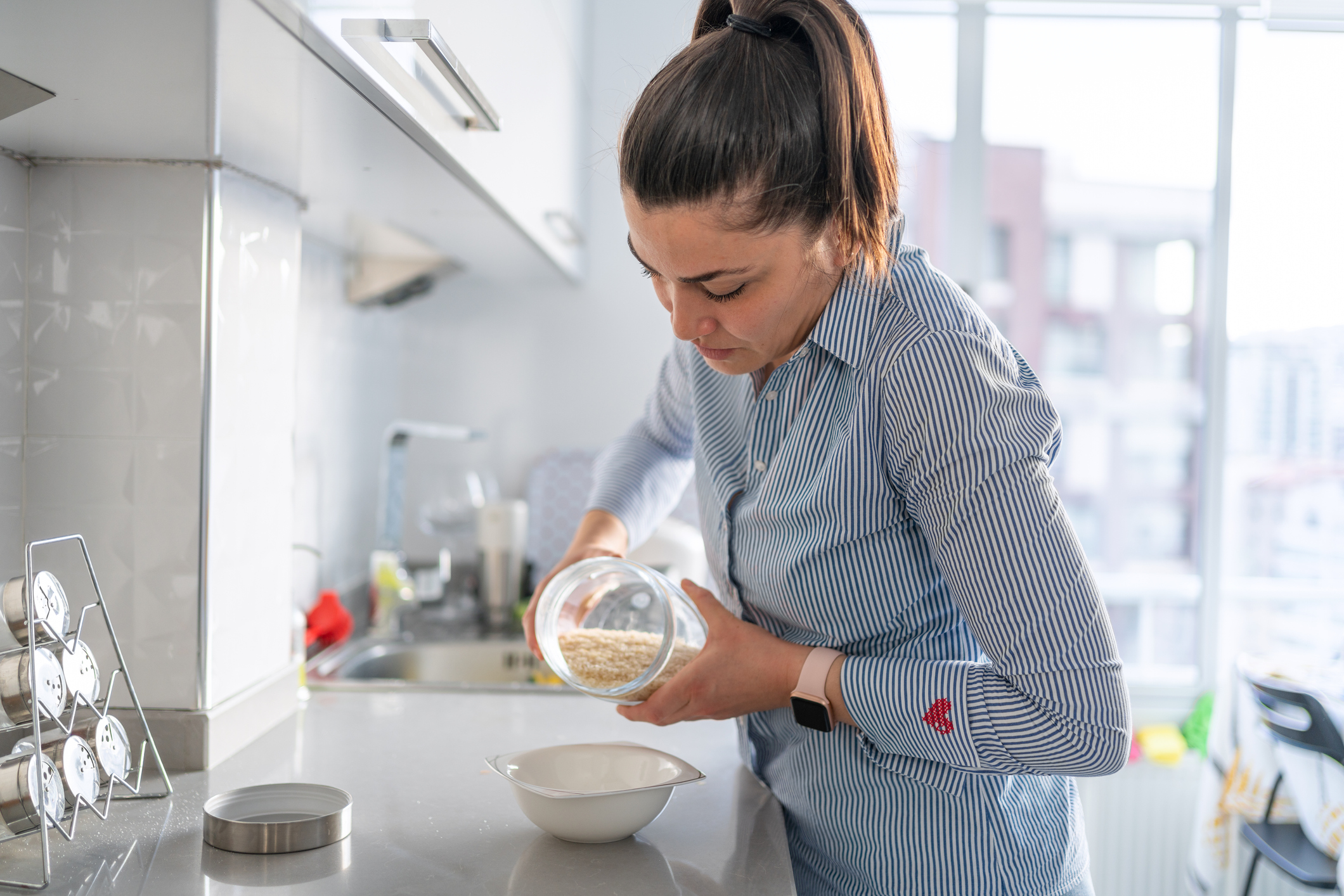

I’ll never forget the first time I saw someone wash their rice before cooking it — or their horror when they found out I had never washed mine before.
In certain Asian cultures, washing rice before cooking is a given. The chef checks through the rice to remove any husks or stones, then rinses the rice repeatedly until the cloudy water runs clear. Some people actually scrub the wet grains of rice between their hands before rinsing it.
Culinary experts are split as to whether washing rice is necessary. From a cooking standpoint, if you want your dish to have separate grains of rice, they advise washing away the excess starch clinging to the surface of the grains. But if you’re making a dish like risotto, paella or rice pudding, they say you should probably skip the wash so your dish remains starchy, sticky and creamy.
What these experts fail to consider is another very good reason in favor of washing rice….
Washing rice rids it of harmful heavy metals
Rice is known to contain relatively high levels of the toxic heavy metal arsenic because the crop absorbs it as it grows. Arsenic levels in rice vary depending on where it’s grown, the type of rice and how it’s cooked. One study found the highest level of arsenic was in the United States.
When heavy metals build up in the body they’re capable of contributing to autoimmune diseases and the underlying inflammation that accelerates the process of chronic illness, including heart disease.
The good news here is that washing rice has been shown to remove about 90 percent of bioaccessible arsenic — the type that the body is able to absorb.
In addition to arsenic, washing rice has been found to decrease levels of other dangerous heavy metals like lead and cadmium by between 7 and 20 percent.
Then, there are microplastics…
Unfortunately, rice is just as likely as other foods to be contaminated with microplastics thanks to the heavy use of plastics in the food supply chain. And a study found that rice contains the same level of microplastics regardless of whether it’s packaged in paper or plastic bags.
Luckily, the researchers found that by washing your rice, you’ll be rinsing up to 20 percent of the microplastics away. That at least puts a dent in the 10,000 plastic particles each of us is estimated to consume yearly!
If you use pre-cooked instant rice, you’ll be interested to know that study found four times the microplastics than in regular uncooked rice. By rinsing your instant rice, you could reduce microplastics by 40 percent.
While washing won’t have any effect on the bacterial content of rice, the high cooking temperature will kill any bacteria that might be present. Just make sure you don’t store washed or cooked rice at room temperature for long or it can activate the bacterial spores from the Bacillus cereus pathogen.
You can still have creamy rice — and your good health
If you’re concerned about heavy metals, you can read more about how they can weigh your health down — and how you can lessen their load in your body.
If you’re concerned about whether washing rice will make it a lot less starchy and ruin your dish, don’t be. That’s been debunked.
A different starch inside the rice grain, amylopectin, is what produces the sticky, creamy effect, and different types of rice contain different amounts.
For instance, the type of rice used to make risotto, arborio, contains a lot more amylopectin starch than basmati rice, which is why arborio rice turns out so much creamier.
Sources:
Yes, You Should Wash Rice, But Not For The Reason You Think — ScienceAlert
Do you need to wash rice before cooking it? It all depends on what you’re cooking — ABC Everyday
A Guide to the Different Types of Rice — Chef’s Corner Store

